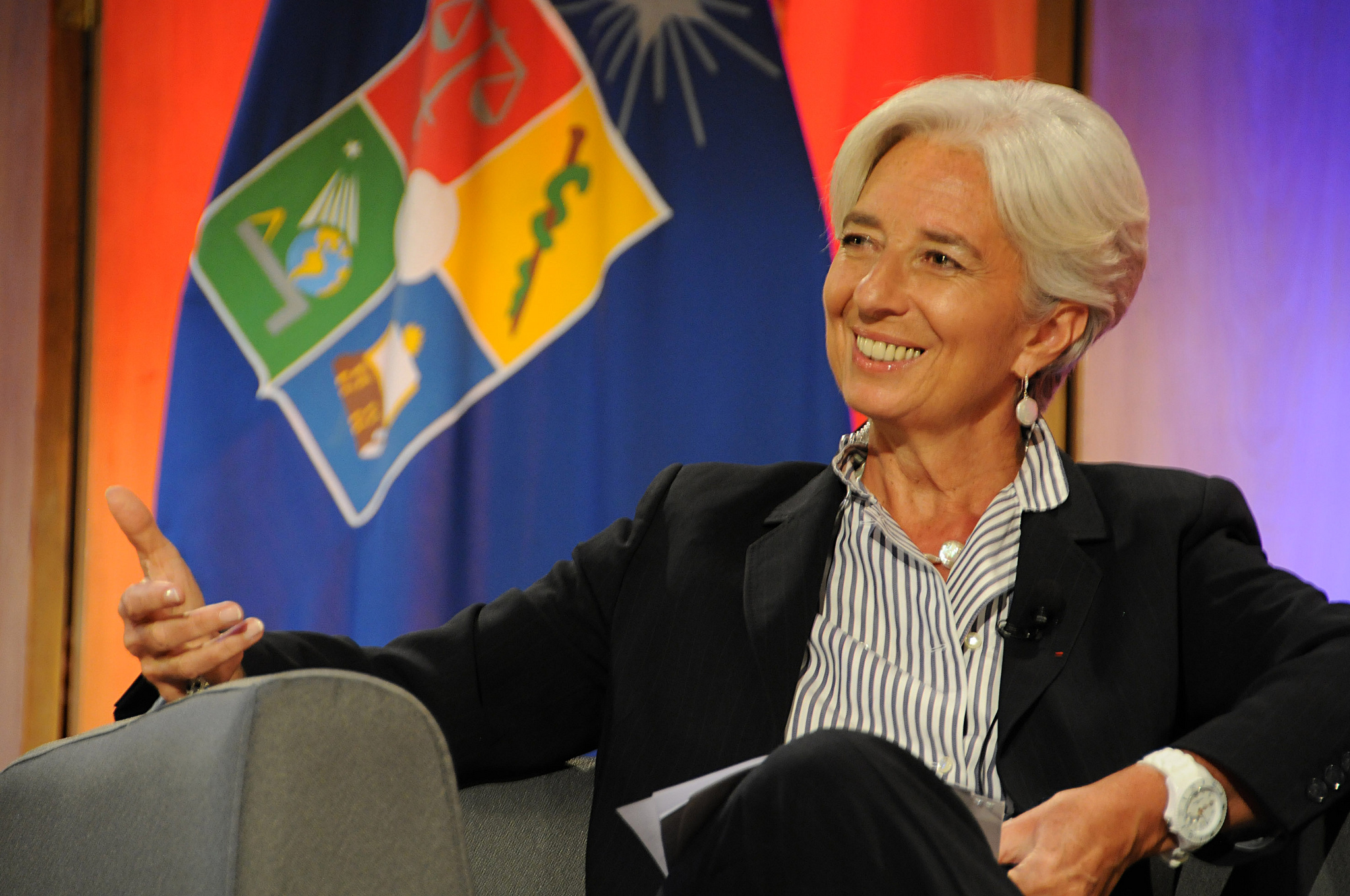From economic growth, to inspiring leadership here are five reasons to feel positive about tackling climate change.
1. Last year, global emissions didn’t grow, but the economy did.

In 2014, for the first time in 40 years, energy-related global emissions of carbon dioxide stalled, while the world’s economy continued to grow.
But doesn’t cutting emissions drag down our economic growth? Nope. In 2014, global CO2 emissions were 32.3 billion tonnes, the same as 2013, while the global economy expanded by 3%.
This ‘decoupling’ of emissions from economic growth was not expected into well into the future, but has been driven by China’s embrace of renewable energy, reduction in coal consumption, and improved energy efficiency in the US and EU.
IEA Chief Economist Fatih Birol summed it up best: ‘This gives me even more hope that humankind will be able to work together to combat climate change, the most important threat facing us today’.
2. Fossil fuels lost the race against renewables.

It’s official, the future is renewable. The world is now adding more clean energy capacity per year than fossil fuels. And you know what’s even better news? This trend is not expected to change.
The tipping point came in 2013 when the world increased its renewable energy capacity by 143GW, whereas 141GW was added to fossil fuel burning facilities. By 2030, more than four times as much renewable capacity will be added in comparison to fossil fuels.
The race towards renewable energy is well underway, but Australia is missing out on the global renewable energy boom.
3. The penny has dropped: investing in new fossil fuels is bad for business

Investing in fossil fuels is bad for business (not to mention the environment).
Individuals and organisations have been shifting their money out of projects that support fossil fuels, as they increasingly become unwise investments for the future. Take the Rockefeller Brothers Fund for example, a huge international philanthropic organisation, which saw it as their ‘moral duty’ to divest. There is also the Church of England that has shifted a cool AU $23million from tar sand, oil and thermal coal and the Guardian Media Group that took the ‘hard-nosed business decision’ to divest. The world’s largest sovereign wealth fund, held by Norway, also dropped its holdings in 53 coal companies.
And let’s not forget what the UN Climate Chief, Christiana Figueres had to say whilst visiting Australia this year: “There is no space for new coal”. Looks like now is a good time to stop investing in it.
4. Leaders are clued-in to the issue, and are committed to action on climate change

“We are the first generation that can end poverty and the last generation that can take steps to avoid the worst impact of climate change.” – Ban Ki-moon, Secretary-General of the United Nations

“At this point in time, it’s macro critical, it’s people critical, it’s planet critical.” – Christine Lagarde, Managing Director, IMF

“We’re not going to be able to burn it all.”- Barak Obama, President of the United States
5. Momentum is building for the next global climate summit in Paris

World leaders are gathering in Paris at the end of this year to set a new global agreement to limit greenhouse gas emissions and keep the warming of our planet to below 2C. It’s a big deal. In the lead up, countries have begun to submit their post 2020 emissions reduction targets. It’s hoped that the early pledges by countries like the US, EU and Mexico will encourage an ‘upward spiral of ambition’ ahead of the summit in December 2015.
And where national governments aren’t contributing enough, states like California and Ontario are doing their own thing and setting state based emission reduction pledges anyway.